
The British Army Cook Book 1914
Drawn from sources published by the War Office before, during and after the Great War, with original content and illustrated throughout with contemporary images.
Read it here
Drawn from sources published by the War Office before, during and after the Great War, with original content and illustrated throughout with contemporary images.
Read it here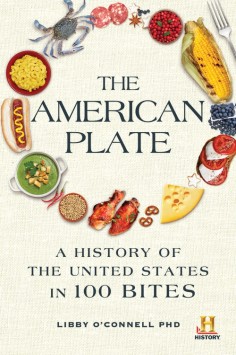
Did you know that the first graham crackers were designed to reduce sexual desire? Or that Americans have tried fad diets for almost two hundred years? From the chief historian at HISTORY® comes a rich chronicle of the evolution of American cuisine and culture, from before Columbus’s arrival to today.
Read it here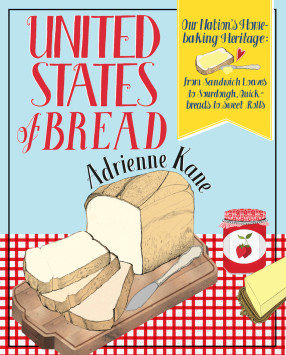
Before America was famous (or rather, notorious) for processed white bread, it had a rich history of unique homemade bread recipes, from Southern Biscuits and Cornbread to Sweet Potato Loaf and Amish Dill Bread. Author Adrienne Kane has unearthed these vintage recipes and long-forgotten traditions.
Read it here
Food consumption is a significant and complex social activity—and what a society chooses to feed its children reveals much about its tastes and ideas regarding health. In this groundbreaking historical work, Amy Bentley explores how the invention of commercial baby food shaped American notions of infancy and influenced the evolution of parental and pediatric care.
Read it here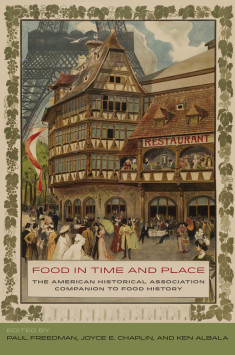
Food in Time and Place delivers an unprecedented review of the state of historical research on food, endorsed by the American Historical Association, providing readers with a geographically, chronologically, and topically broad understanding of food cultures—from ancient Mediterranean and medieval societies to France and its domination of haute cuisine.
Read it here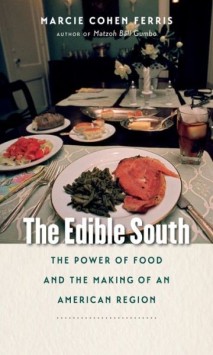
The experience of food serves as an evocative lens onto colonial settlements and antebellum plantations, New South cities and Civil Rights-era lunch counters, chronic hunger and agricultural reform, counterculture communes and iconic restaurants as Ferris reveals how food–as cuisine and as commodity–has expressed and shaped southern identity to the present day.
Read it here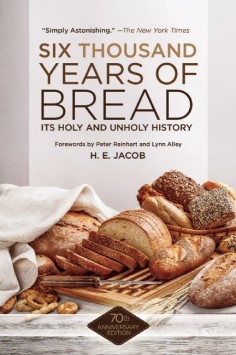
First published in 1944 and the result of more two decades’ research, Six Thousand Years of Bread is a thought-provoking journey through bread’s role in politics, religion, technology, war, civilization, and beyond. A cult favorite among bakers and foodies, this beautiful new seventieth anniversary edition will fascinate philosophers, historians, and bakers alike.
Read it here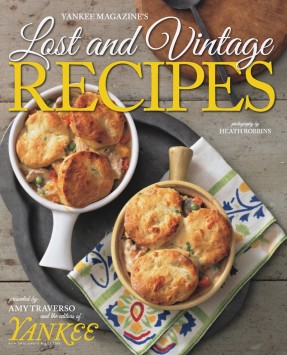
The most delicious recipes of the past recast for today’s home cook.
Read it here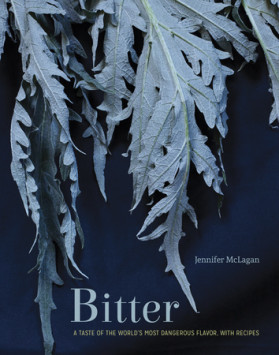
The champion of uncelebrated foods including fat, offal, and bones, Jennifer McLagan turns her attention to a fascinating, under-appreciated, and trending topic: bitterness.
Read it here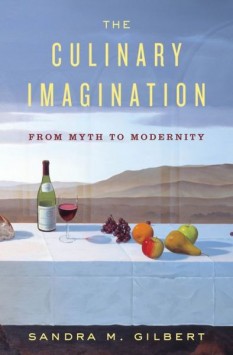
From the recipe novel to the celebrity chef, renowned scholar Sandra M. Gilbert explores the poetics and politics of food.
Read it here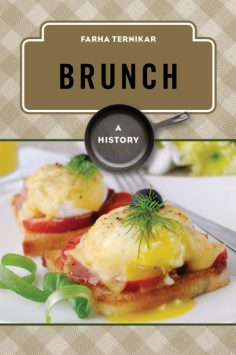
When Americans think of brunch, they typically think of Sunday mornings swelling into early afternoons; mimosas and bloody Marys; eggs Benedict and coffee cake; bacon and bagels; family and friends.
Read it here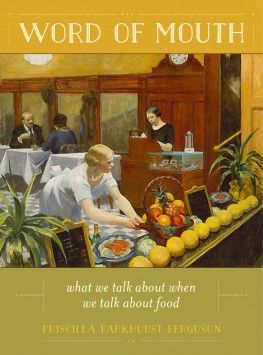
Today, more than ever, talking about food improves the eating of it. Where many works look at the production, preparation, and consumption of food, Word of Mouth captures the language that explains culinary practices.
Read it here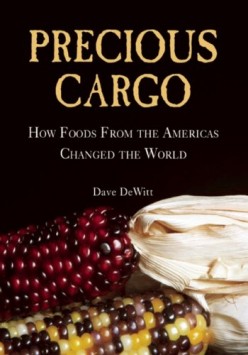
Precious Cargo tells the fascinating story of how western hemisphere foods conquered the globe and saved it from not only mass starvation, but culinary as well.
Read it here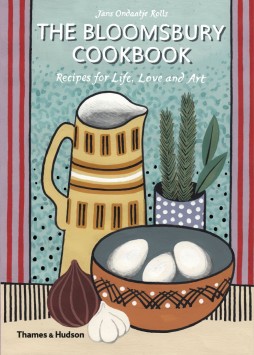
The Bloomsbury Group fostered a fresh, creative, and vital way of living that encouraged debate and communications, as often as not across the dining table.
Read it here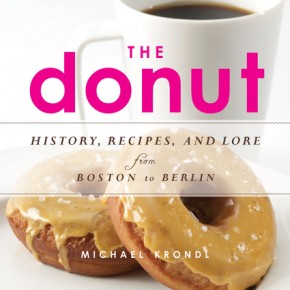
A captivating guide to the delectable dessert, culinary historian. An entertaining social history of the donut throughout the ages and from around the world.
Read it here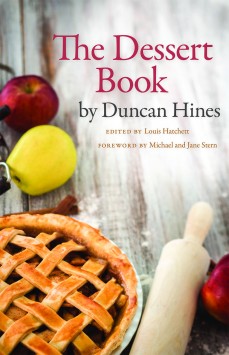
Filled with decadent treats, from homemade ice cream royale to fried apple pie to praline fudge frosting, this book inspired the recipes for the earliest boxed cake mixes and baked goods that carried the Duncan Hines name.
Read it here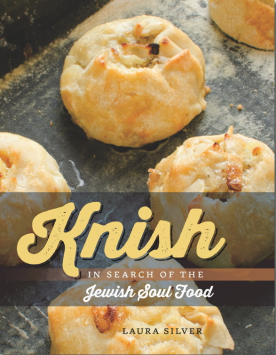
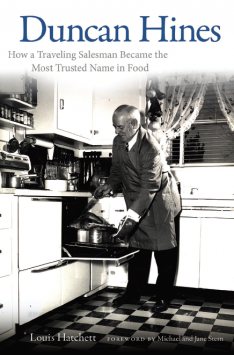
America’s pioneer restaurant critic best known for the cake mixes, baked goods, and bread products that bear his name, but most people forget that Duncan Hines was a real person, an often-overlooked culinary pioneer whose love of good food led to his name becoming a grocery shelf favorite.
Read it here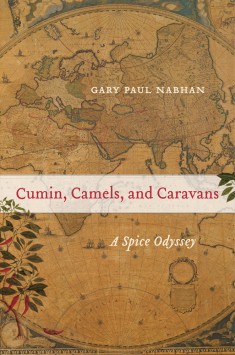
Drawing on his own family’s history as spice traders, as well as travel narratives, historical accounts, and his expertise as an ethnobotanist, Nabhan describes the critical roles that Semitic peoples and desert floras had in setting the stage for globalized spice trade.
Read it here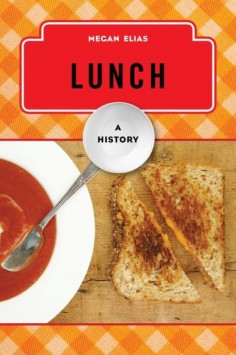
From the Ploughman’s lunch in the field to the Power Lunch at the Four Seasons, the particulars of lunch decisions — where, with whom, and what we eat — often mark our place in the world.
Read it here